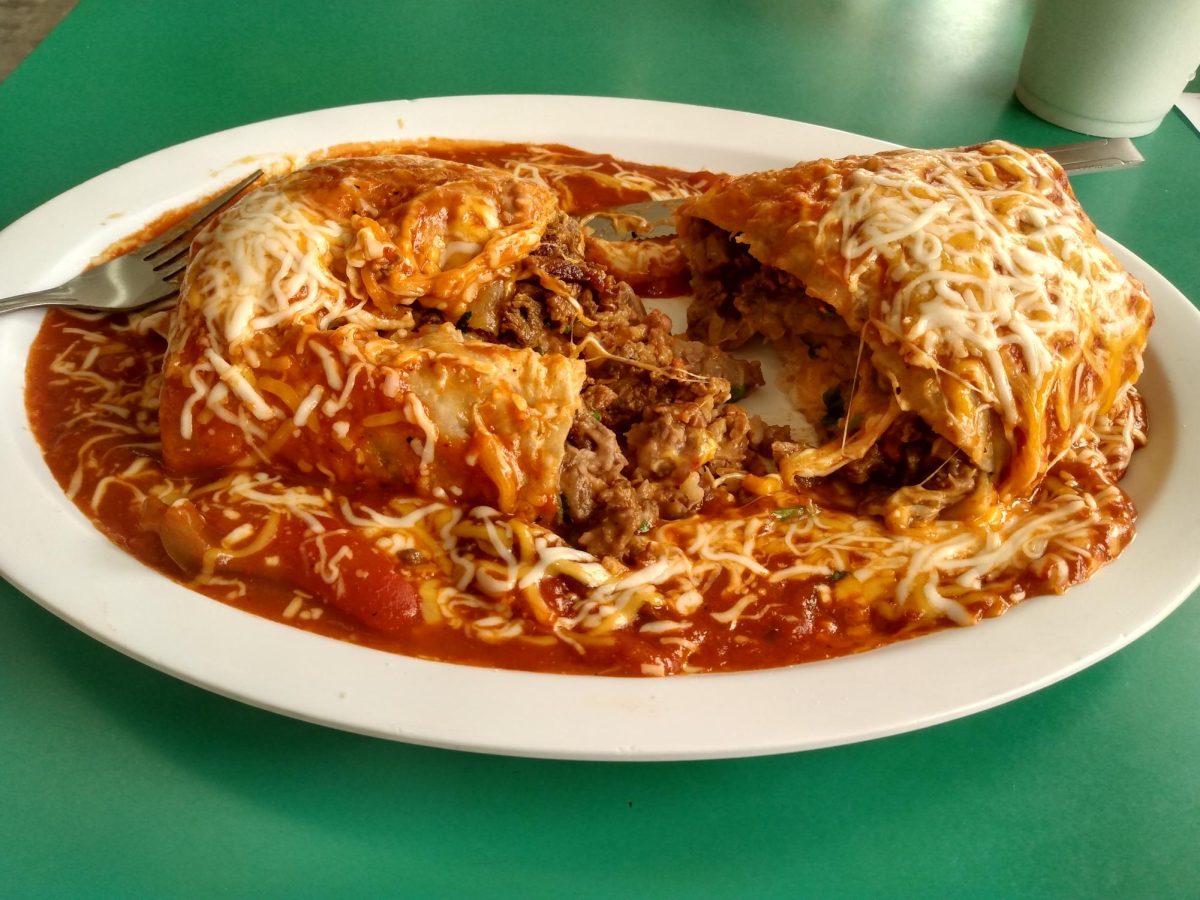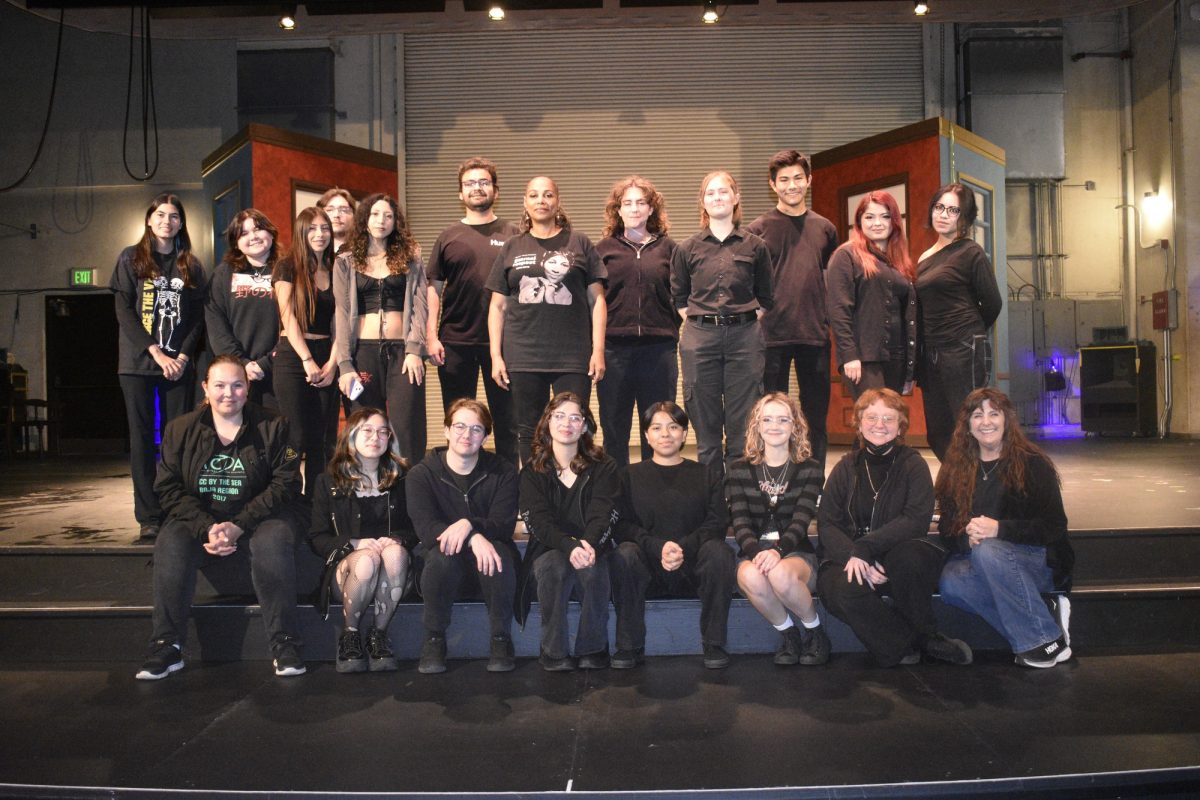Fast food is out and home cooking is in. Boiling and bubbling pots on the stove, flat bread baking in the oven and fresh chicken breasts sauteed in olive oil on the stove top are just a few of the things students are making at home.
”I grew up in a culinary family. My grandfather was a chef for a cruise ship, and I was always in the kitchen watching my grandmother make treats for us,” Ronika Pigee, 21, said.
It’s no coincidence that her major is culinary arts. She said it’s in her blood.
Pigee is especially fond of Mexican food.
“I can’t wait to go home and make some chicken tacos,” she said.
Some students attend classes on an empty stomach, purchase food on campus or from the many restaurants nearby.
James Erebholo, 21, international business major, falls into this category.
“Since I rarely have enough time, I usually find something to eat off campus, like at Chicken Maison or Subway. I want it to be healthy,” he said.
Many students think it’s easier to concentrate on a subject, lab or quiz if their stomach isn’t empty. Energy bars and drinks can only curb a students’ hunger for a short time and the days may feel longer without proper nutrition.
“An easy way to eat healthy when you don’t have much time is to prepare food on your day off,” Sue Warren, nutrition and foods instructor, said. “Students always say they don’t have the time to shop and cook but they waste time standing in line for fast food.”
Though many students are preparing their own home cooked meals, according to Washington University of St. Louis, new work from researchers there confirms that most students do, indeed, gain weight in college. Reporting in the Journal of American College Health, the research team found that about 70 percent of students gained a significant amount of weight between the start of college and the end of sophomore year.
“Sometimes I go to Wendy’s and grab a cheeseburger and a baked potato once in a while, but most students are raised on that type of processed food,” Warren said. “Of course we can eat candy and drink beer, but that can be the overall staple of some students’ diets.”
Still, many students believe a good home cooked meal is not only better for their wallets, but their health as well.
“I would prefer to cook myself, it’s healthier,” Raquel Roman, 23, nursing major, said. “I try to cook breakfast, lunch and dinner, and I try to avoid eating fast food. I only get fast food when I’m in a rush.”
Warren recommends trying to eat snacks throughout the course of the day to avoid the urge to buy fast food. She said when time is tight and you’re in a rush, it’s much faster to pull a peanut butter sandwich out of your backpack than it is to stand in line somewhere.
“Students should go to Smart and Final and buy healthy snacks in bulk,” Warren said. “Apples and cheese are always a good choice and sleeves of yogurt that you can just toss in your bag.”
David Mai, 20, biology major, admits to watching food channels for more than eight years and has his own quick and easy recipes he makes at home.
“My mom works late, and I wanted to be able to eat a variety of foods while at home,” Mai said. “I like to cook shrimp and seafood a lot.”
Warren urges students to cook at home and said that fast food joints do not have students’ best interests at heart.
“Food marketers are all in it for the money,” Warren said. “Those people cooking at McDonald’s are not chefs, they’re 16-year-old kids trying to make money.”






